At 3P, We are designing a number of therapeutic resources for professionals working with children
Based on principles and ideas originating from ‘pascaleparadis.org: Toolkit to opportunities and challenges as global citizens website‘, Pascale writes texts that aim to empower parents and practitioners to support children and implement specific strategies. Pascale is also interested in developing story books for children about specific issues arising from practice. The ‘toolkit/des outils de travail’ consists of an important concept in Pascale’s writing.
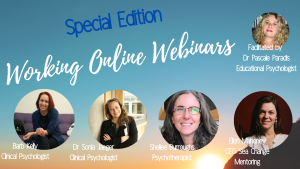
SPECIAL EDITION – Working Online Webinars
As a result of an evolving working context where many are opting to deliver services online, a group of psychologists/education

#RESOURCES 52: #COVID-19 10 MORE ACTIVITIES FOR HOME – YOU ARE NOT ALONE
The current situation looks like it could last for many days and parents may start to run out of ideas

#RESOURCES 51: ONLINE TOOLS and 10 ACTIVITIES for PSYCHOLOGISTS WORKING WITH CHILDREN ONLINE
There were a few posts this week on some forums about how to engage children in an online therapeutic delivery.

#Resources 50: #COVID-19 INFORMATION AND ADDITIONAL LINKS
It is incredible how many have come together in the space of a week or two to provide great resources
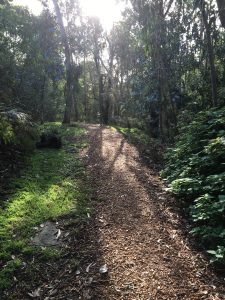
#Resources 49: COVID-19 Psychologists preparing to work online
As we are all coming to terms to the high possibility of working from home or supporting clients needing to
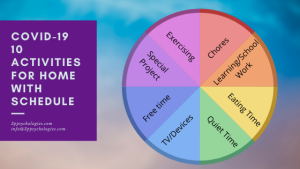
#Resources 48: Covid-19 survival tips for parents – 10 activities for home
I am reading lots of different posts and news from around the globe, and although the situation with school

#FIGT2020: Global Migration Resources, Tools and Reflections for Education, Coaching and Counselling Professionals
I will be presenting at the Families in Global Transition Conference in Bangkok in March 2020. A synopsis for the

#Resource Diary Entry 47: #Bushfires support
It is absolutely heartbreaking what has been happening in Australia over the Christmas and New Year Period. We are with
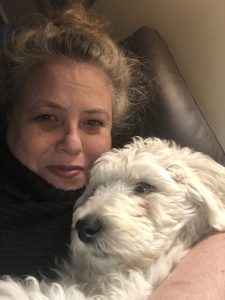
Some News from 3P!
Life is always busy, but the last few months have been particularly busy with lots of exciting developments and opportunities…These
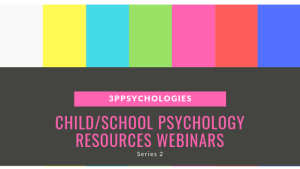
Launching Child/School psychology resources webinars series 2
Following interests and demand, we are launching Webinars Series 2. Find the topics to be discussed below. As per Series

#Resource 46: hope, resilience, Playground, ability, socialisation
A lovely video about resilience, determination, hope, acceptance, ability and socialisation in playground situations…This video addresses clearly the significant challenges

“MAMAN, MAMAN, ARE WE GOING ON THIS PLANE” (E., 3): TOP TIPS WHEN TRAVELLING ON LONG HAUL FLIGHTS WITH CHILDREN
As the season of holidays and travelling is coming up for the summer in the Northern Hemisphere, I thought I

